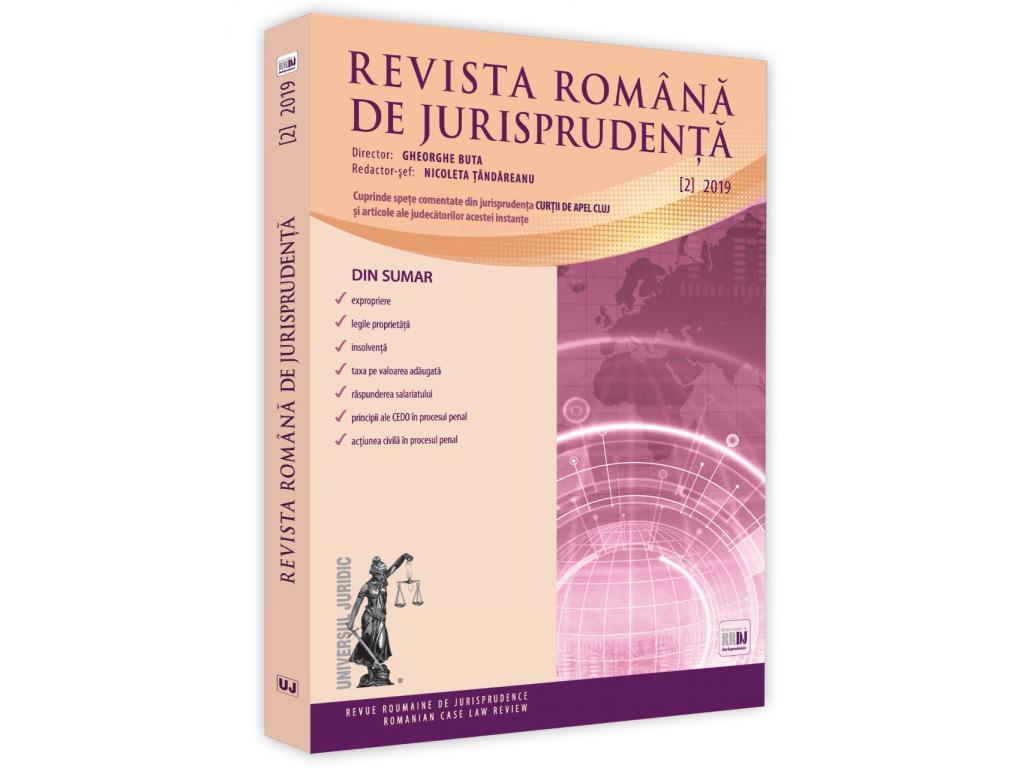Violation of the immediacy and adversarial principle. ECHR Decisions in the cases Beraru vs. Romania and Cutean vs. Romania
DREPT PENAL ŞI PROCESUAL PENAL
Abstract
The panel hearing the case must take note directly and indirectly of the evidence produced during the criminal prosecution. Given that the composition of the panel changes during the case hearing, it is absolutely necessary that, in order to comply with the right to a fair trial, the new judge should proceed with the re-examination of defendants and the important witnesses in order to be able to form the conviction of the accused person's guilt or innocence, based on direct and immediate assessment of the evidence. The ECHR ruled that a change in the composition of the court, after hearing an important witness, should lead to a new hearing of the witness. In Beraru v. Romania, March 18, 2014, “The Court found that the first judge, who examined most of the evidence by himself, did not change during the trial and that the second judge had available the transcripts of the court hearings in which witnesses and co-defendants were heard. However, noting that the plaintiff was convicted exclusively based on testimonies that were not directly heard by the second judge, the Court considered that the availability of those transcripts could not compensate for the non-fulfilment of the requirement of immediacy in the trial”. The European Court has constantly reminded that “according to the principle of immediacy, in a criminal trial, the decision must be taken by the judges who were present in the proceedings and in the process of taking evidence” (ECHR, Mellors v. Great Britain of 30 January 2003 and Cutean v. Romania of 2 December 2014).








